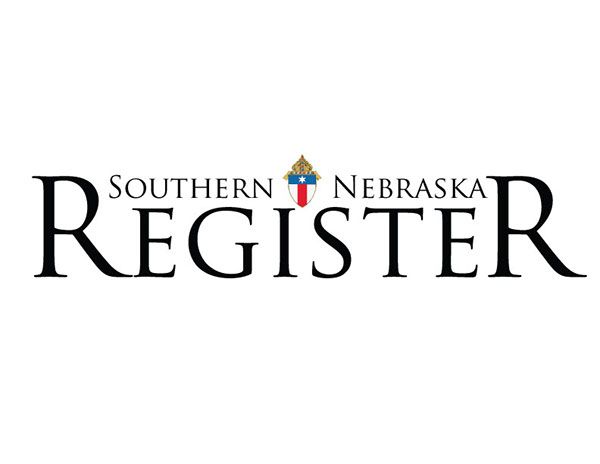On Oct. 1, the Feast of St. Thérèse of Lisieux, the Catholic Church in the United States begins its annual Respect Life campaign. This campaign helps Catholics “understand and value the gift of human life and help build a culture that cherishes and protects it.”
And if there were ever a time for a Respect Life campaign, the time is now.
Just last week, the United States House of Representatives passed the so-called Women’s Health Protection Act (H.R. 3755) by a vote of 218 to 211.
As summarized by the United States Conference of Catholic Bishops, this legislation “would impose abortion on demand nationwide at any stage of pregnancy through federal statute and would eliminate pro-life laws at every level of government—including parental notification for minor girls, informed consent, and health or safety protections specific to abortion facilities.” It would also require “all Americans to support abortion here and abroad with their tax dollars and would also likely force health care providers and professionals to perform, assist in, and/or refer for abortion against their deeply-held beliefs, as well as force employers and insurers to cover and pay for abortion.”
To claim this legislation is about “protecting” “health” is twisted language that would make George Orwell blush.
Instead, H.R. 3755—the so-called Women’s Health Protection Act—represents “the most extreme pro-life abortion bill our nation has ever seen,” as noted by Archbishop Joseph Naumann, Chairman of the Committee on Pro-Life Activities.
Such pro-abortion extremism can be described as nothing less than diabolical. As Archbishop Naumann also described, H.R. 3755 “assumes that abortion can be the only, or best, solution to a crisis pregnancy… [and] is built on the false and despairing narrative that utterly fails women.” This legislation, to use the words of St. Paul to the Romans, exchanges the truth for a lie.
So why this pro-abortion extremism? And why now?
There are any variety of answers to this question, including the fact that this is a culmination of the continued pro-abortion extremism of the National Democratic Party. A political party that has often looked after the “little guy” has in this instance advocated for the killing of the littlest among us.
We also can view this pro-abortion extremism as a sign of despair at a time when there is an existential threat to abortion lingering in the political background.
That threat is Dobbs v. Jackson Women’s Health Organization, a legal case currently in front of the United States Supreme Court. At issue is a 2018 Mississippi state law banning abortions after 15 weeks of pregnancy.
Under current Supreme Court case law regarding abortion set by the Casey v. Planned Parenthood, the general rule is that any bans on abortion prior to viability (generally considered to be 24 weeks of pregnancy) are unconstitutional and create an “undue burden” and “substantial obstacle” on a woman’s so-called right to abortion. By banning all abortions after 15 weeks of pregnancy, the Mississippi law is a clear challenge to the Casey standard.
One of the key questions that the Supreme Court will answer in this case is “whether all pre-viability prohibitions on elective abortions are unconstitutional.” In other words, can a state legislature have legitimate state interests in protecting the life of unborn children, mothers in crisis pregnancies, and the medical profession?
For example, in 2010, our state legislature banned abortions after 20 weeks of pregnancy based on the reality of fetal pain. This law was and is a ban on pre-viability abortions. However, it has never been challenged. The most likely reason is that if the law were challenged but prevailed, it would be a devastating blow to the pro-abortion movement.
The Dobbs case is set to have oral arguments Dec. 1 and we will likely receive a ruling on the case sometime next summer (around June 2022).
In the meanwhile, we can continue to expect states across the country to pass robust pro-life laws, like we have seen in Texas. We can also expect other states to do what the U.S. House of Representatives did: push extreme pro-abortion measures in an attempt to enshrine Roe v. Wade and Casey v. Planned Parenthood into state law.
We must remain vigilant as disciples of the Gospel of Life. We must seek reform in our state and federal laws, to ensure that they protect all life—especially unborn life—and provide the needed material and financial support to mothers in crisis pregnancies. But we cannot start and end with legal reform. We must also seek broader cultural reform. We must—in all our daily actions—be a people of life and for life.







